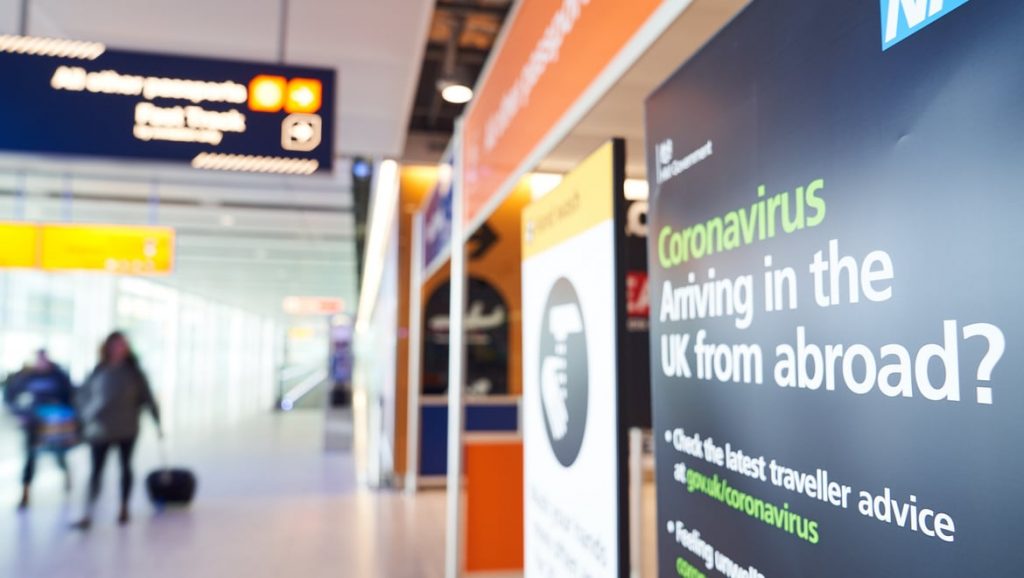
A number of trade organisations representing Europe’s aviation industry have penned a letter suggesting European travellers should have their digital health credentials processed and verified before travelling.
For months, airlines and airports have encouraged the use of digital health credential systems, largely QR codes and phone apps, to verify whether or not travellers have been vaccinated against COVID-19, tested negative, or have recently recovered from the virus.
In recent weeks, Europe has been gearing up to issue European Union Digital COVID Certificates (EUDCC), formally referred to as the EU Digital Green Certificate, across 17 bloc countries.
The certificate serves essentially as a digital vaccine passport, and is due to come into effect from 1 July.
However, European bodies, including the International Air Transport Association, Airlines for Europe, and the European Regions Airline Association, have now warned governments that passengers could face hours-long queues at airports that will cause “chaos”, if Europe doesn’t introduce additional measures to streamline the checking of health credentials.
“As passenger traffic increases in the coming weeks, the risk of chaos at European Airports is real,” the letter read, particularly as many airports and ground staff are not yet equipped with the necessary technology and equipment required to read the QR code data.
Further, according to the aviation bodies, the current EUDCC format will introduce a “worrying patchwork of approaches” to verifying health information, and will make travelling through an airport an even lengthier process.
The letter stated that the only way to avoid lengthy delays during the current summer travel season was to introduce a new system, in which both the vaccination certificate and passenger locator forms are processed online and remotely before the passenger arrives at the airport.
Under the proposed system, these checks would be completed in the country of departure, as opposed to the country of arrival, and national governments could then manage and verify the health data.
The letter stated that governments should also be responsible for providing the necessary equipment to check the QR codes.
“A high level of fragmentation and differences in the implementation of the DCC … as well as continued duplication of document checks in several states is alarming,” it said.
ACI Europe director general Olivier Jankovec, one of the signatories, said his airport members were “getting very concerned” over the fact that much of the health data verification process appears to remain manual at airports.
“Coping with this increase [in travellers] is going to be an unprecedented challenge,” he said, arguing that the process needs to be streamlined.
Meanwhile, IATA’s European vice president Rafael Schvartzman said the amount of time spent navigating airports during a journey has doubled, from 1.5 hours before the pandemic, now to three hours.
Schvartzman said that if the world returned to pre-COVID flight capacity, this would theoretically translate into an increase in airport time that blows out to eight hours.




